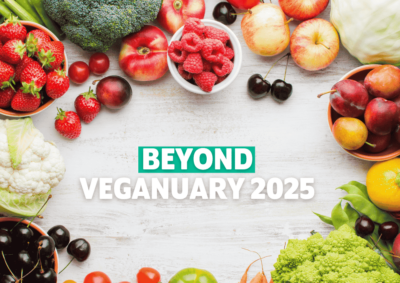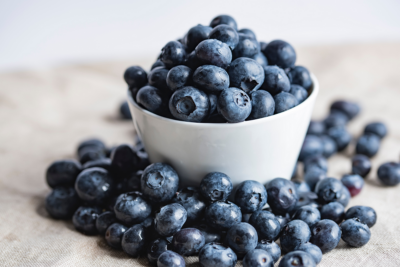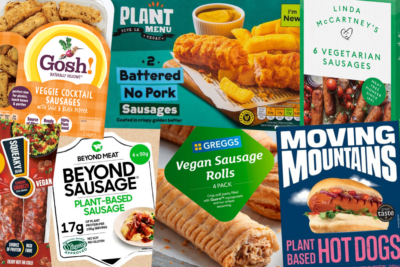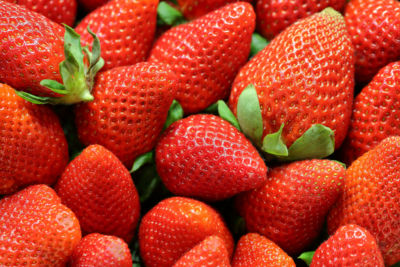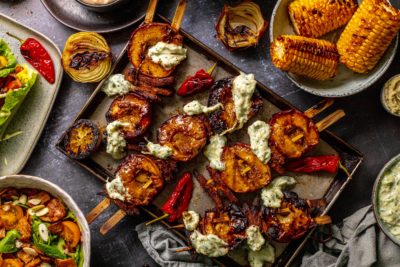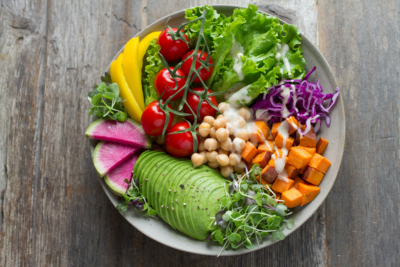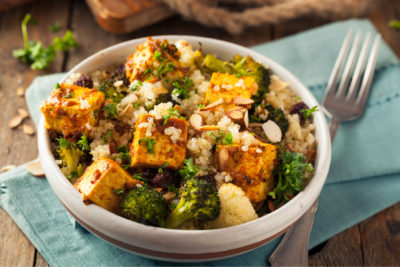Any diet needs to be carefully planned to ensure correct nutrition, and this is obviously all the more important for children. The good news is that the British Dietetic Association who are the experts in the field say that a vegan diet can be suitable for people of any age while the US-based organisation Physicians Committee for Responsible Medicine supports this view: ‘Does evidence show that vegan diets adequately meet the nutritional needs of children?’ it asks. ‘The answer is clearly yes.’
This does, of course, depend on the right foods being given in the right quantities, but that is the same for every diet. The most important thing to bear in mind is that the low-fat, high-fibre diet recommended for adults (which a plant-based diet is perfect for) is not suitable for children. Growing kids burn a lot of energy and need a high calorie intake; too much fibre will cause small stomachs to feel full before they’ve actually got enough. Wholegrain versions of cereals are therefore not usually recommended. Adding vegetable oils to meals to increase calorie count, and feeding your children smaller, more frequent meals and snacks are some strategies that can help to deal with this.
The NHS suggests children should have two to three vegetable proteins per day but be careful not to give whole nuts to children under five as they could choke. Instead grind them up or use a smooth nut butter.
They’ll also need calcium from fortified plant milks and breakfast cereals, green veg and tofu to help meet their requirements. Yeast extract and some non-dairy milks boost Vitamin B12 but a supplement should also be considered.
Sunshine is the best source of Vitamin D but, again, consider a supplement or ensure that breakfast cereals, non-dairy milks and margarines are fortified with it if children are not outdoors in the sun regularly.
A visit to a nutritionist can also help you plan a balanced diet, set your mind at rest and ensure the whole family is getting what it needs.

